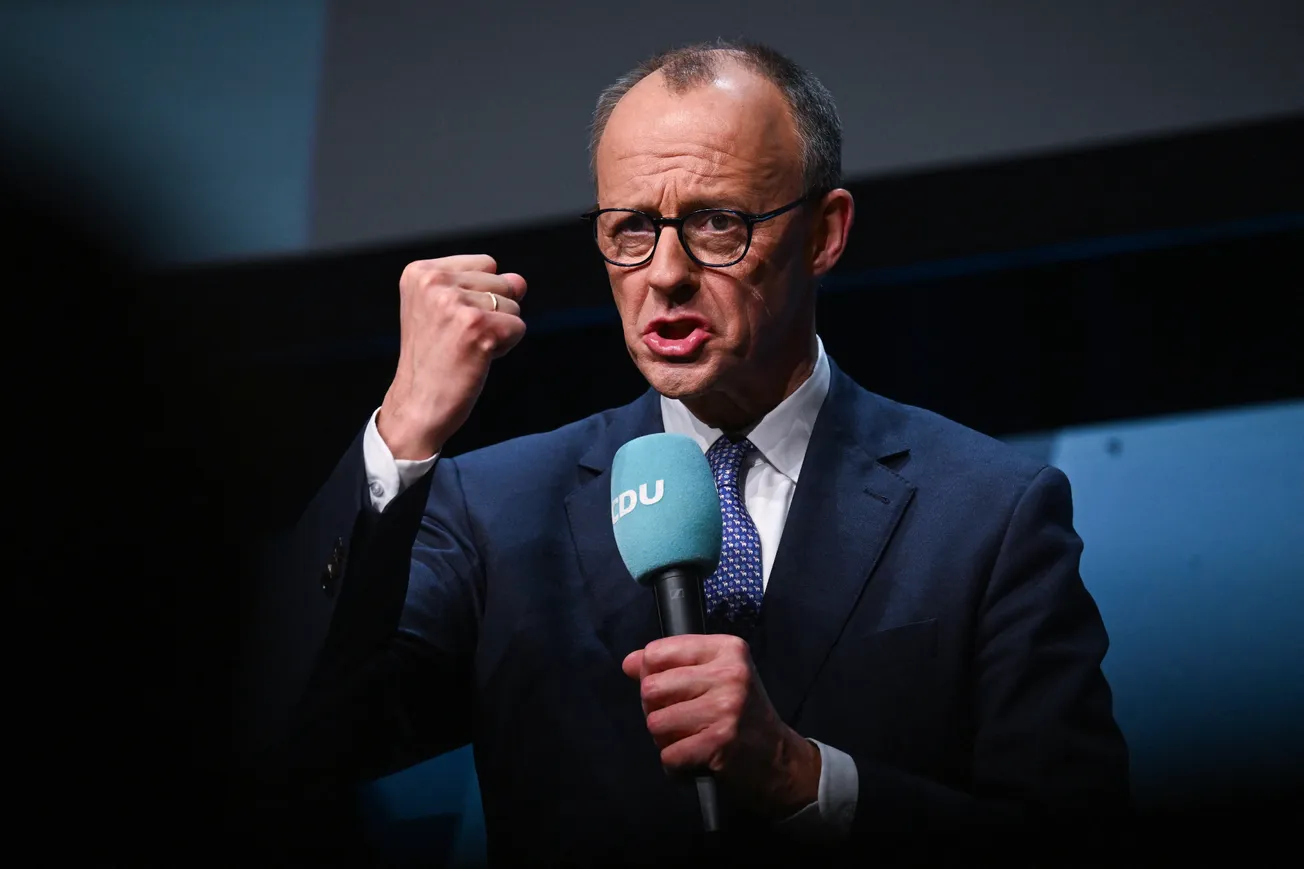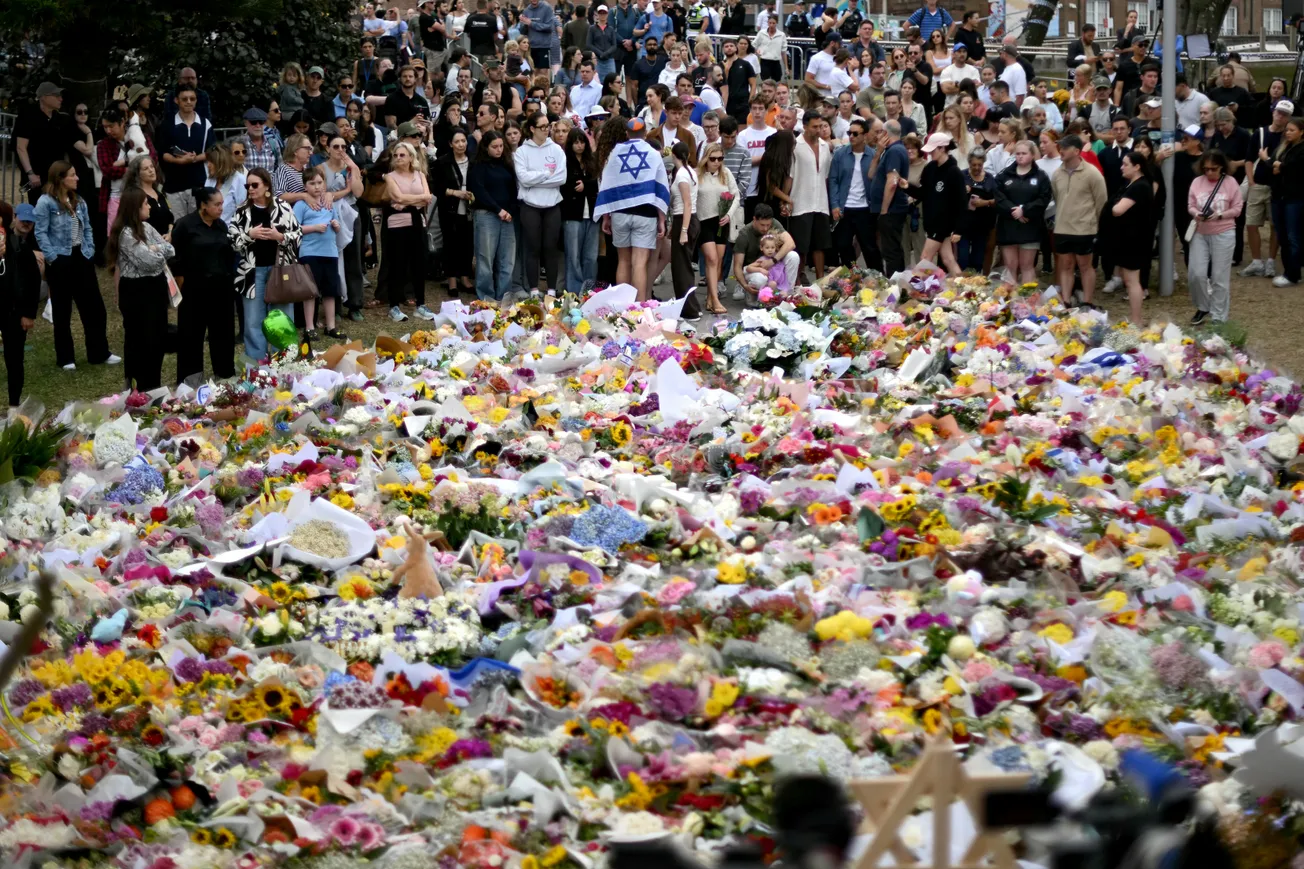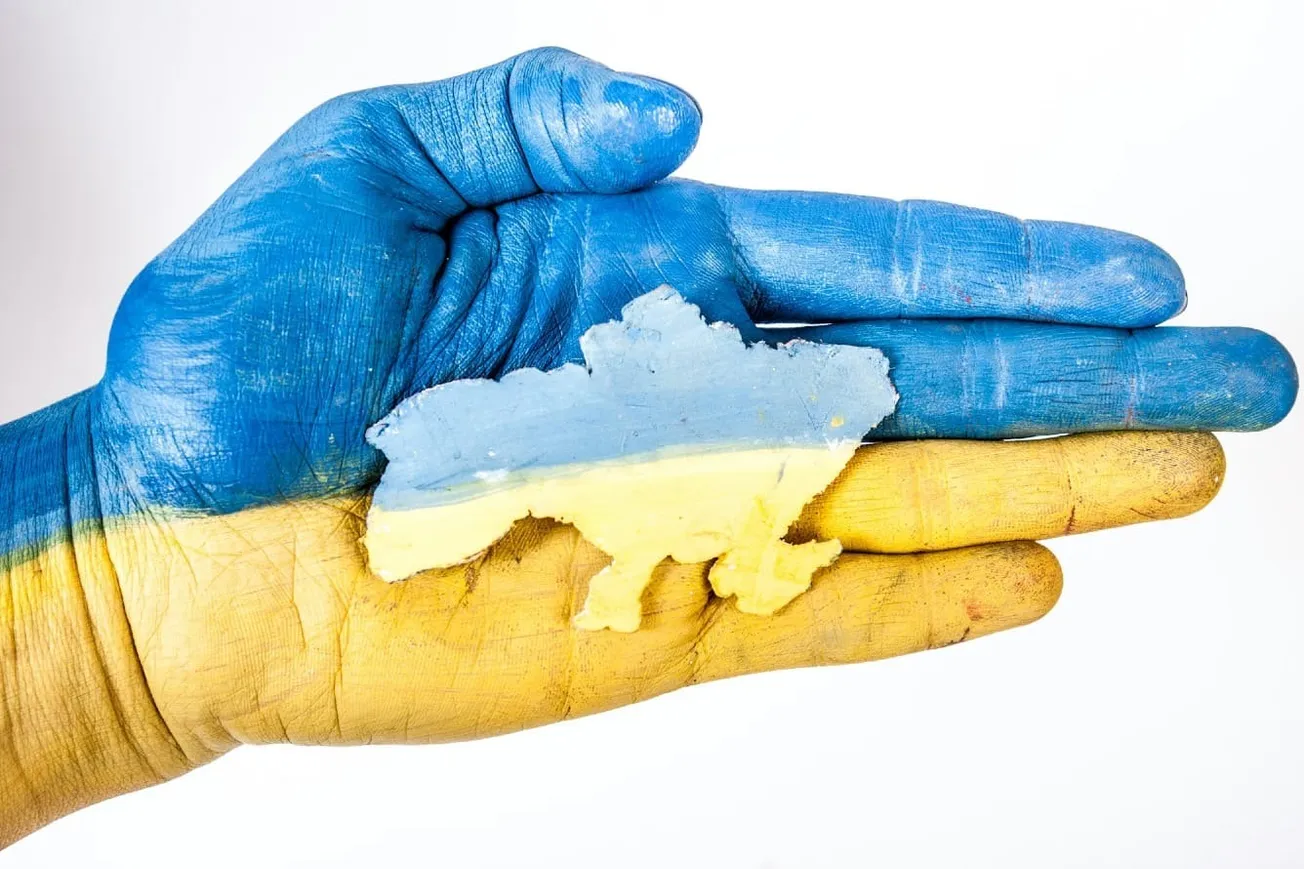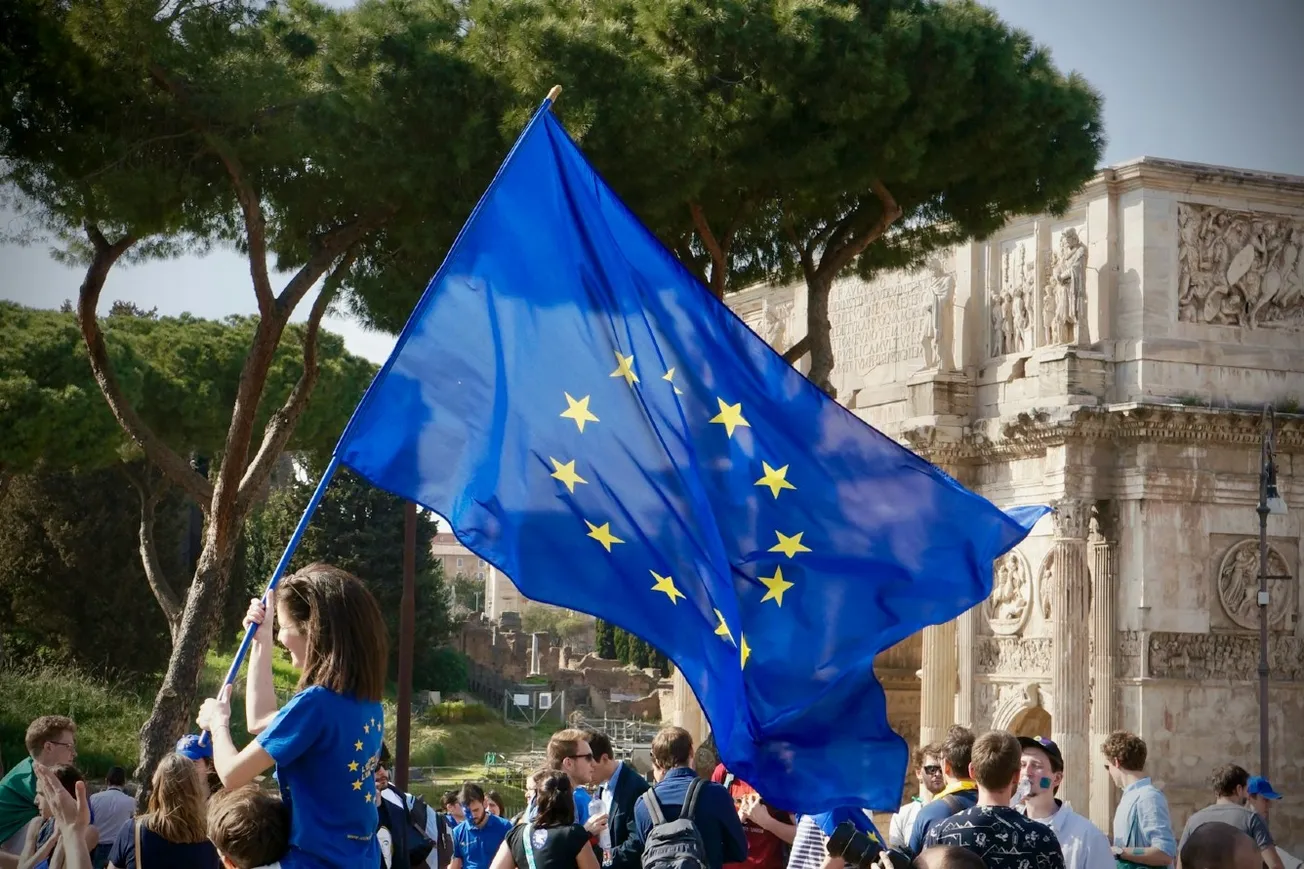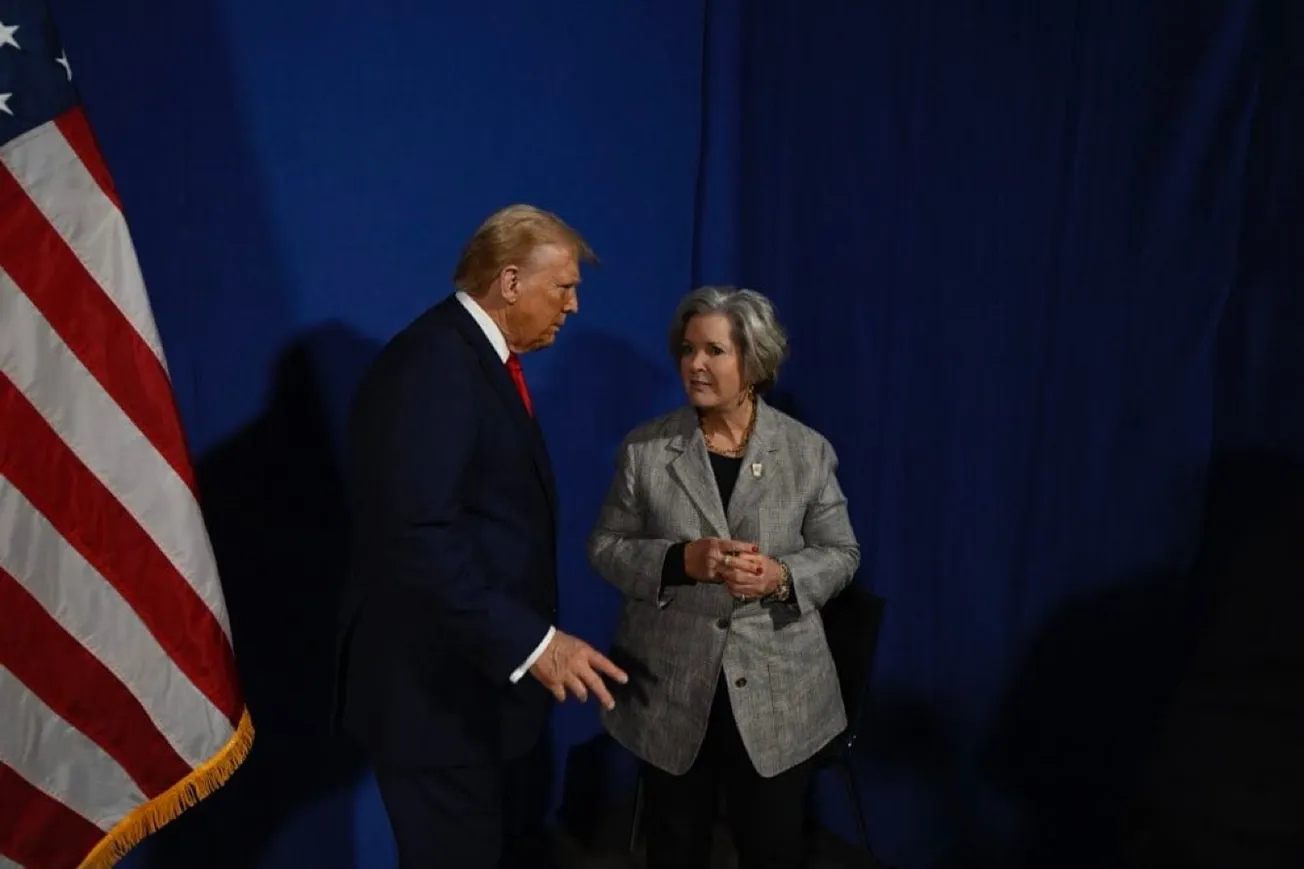By Michael Bröning, Project Syndicate | Feb 21, 2025
With German voters clearly demanding comprehensive change, the far right has been capitalizing on the public's discontent and benefiting from broader global political trends. If the country's democratic parties cannot deliver, they may soon find that they are no longer the mainstream.

